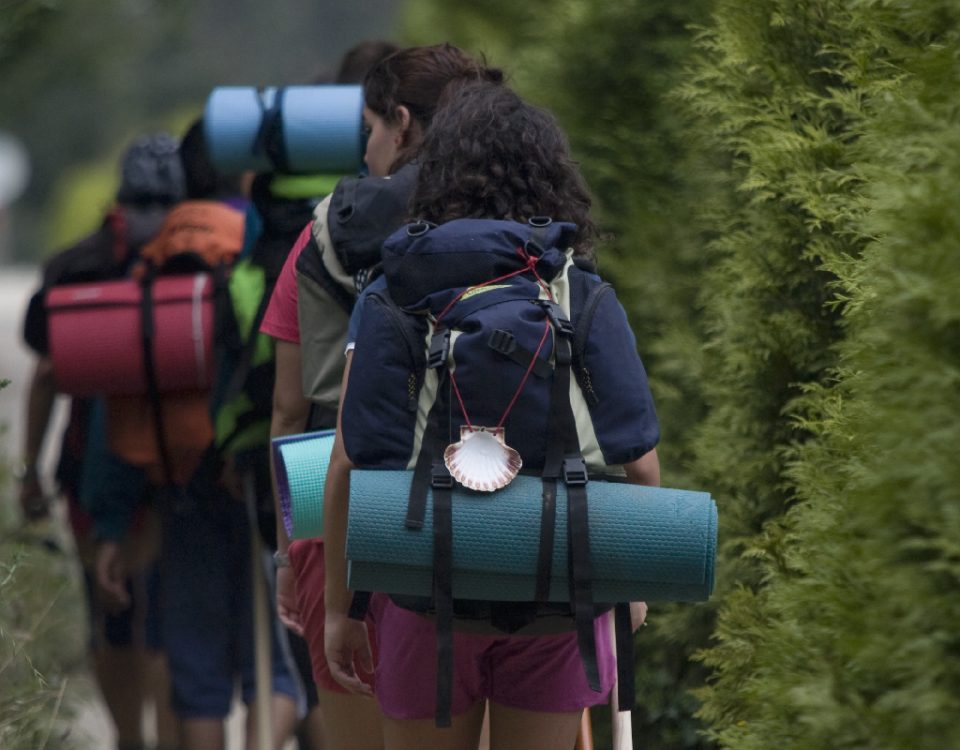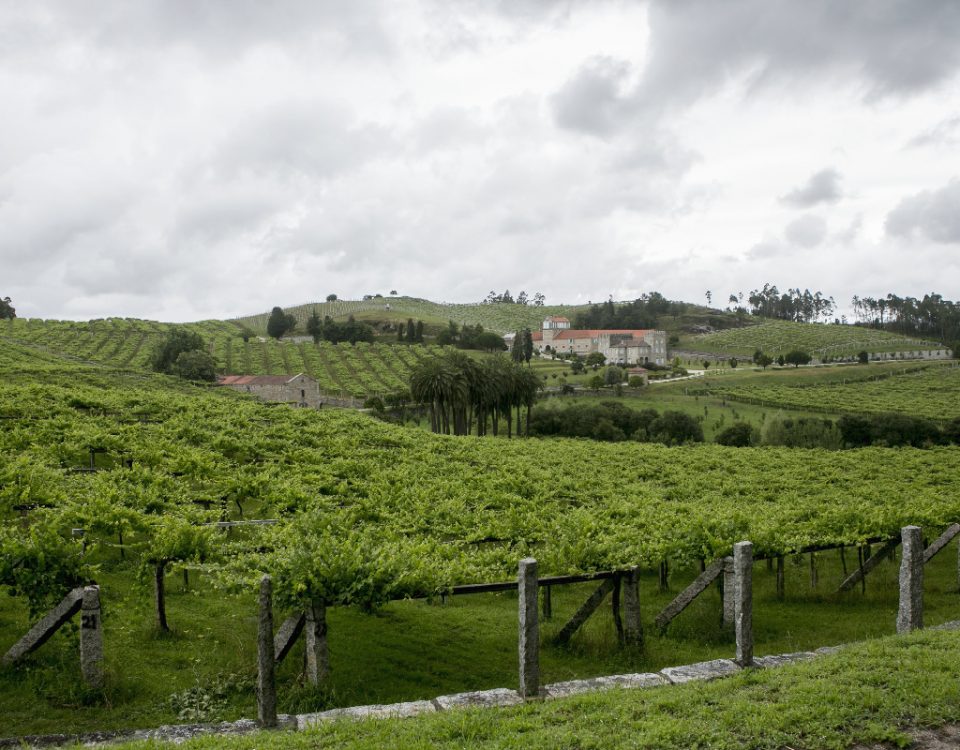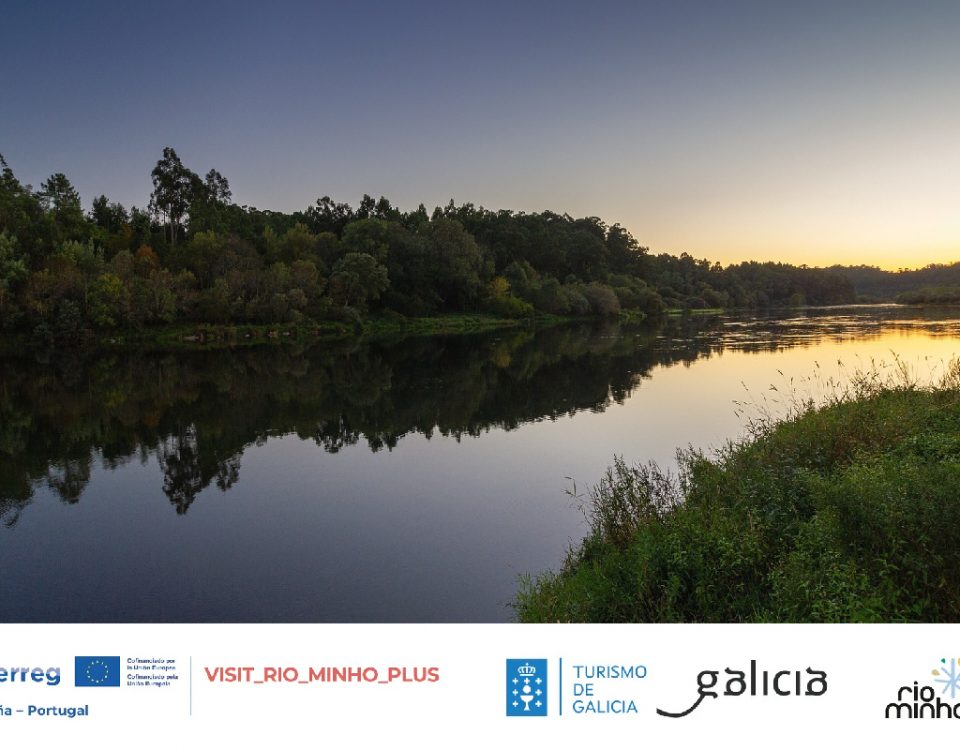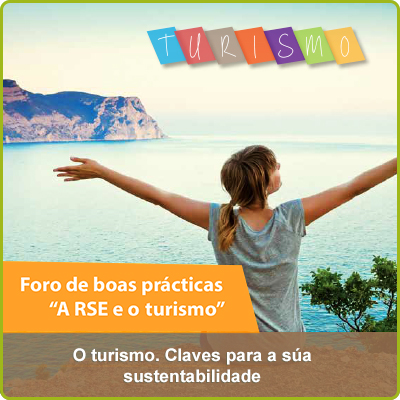- El mejor turismo de galicia
Galicia improves in the tourist competitivity ranking elaborated by Exceltur
Galicia improves in the tourist competitivity ranking elaborated by Exceltur
The report on the competivity of the autonomous communities focuses on the lack of political commitment to a fundamental economic sector for the country.
The change in the competitive cycle that the tourism sector will experience in the next few years, after years of growth and prosperity that have given way to a scenario of a slight slowdown in the rates of growth of tourism activity mark to a large extent the latest report of Exceltur, Monitor 2018 in which they carry out a ranking of competitiveness of the Spanish autonomous communities in their evolution relative to the period 2014-2018. Galicia occupies the 9th position in this ranking, at the head of the smallest autonomous communities, a position achieved thanks to its management in the framework of Green Spain. Pais Vasco continues to lead this ranking due to the consistency at all levels measured by Monitur: strategic marketing vision; connectivity; ordering of tourist space; diversification of products; attraction of talent; political priority and governance; and unemployment and economic and social conditions.
Based on these criteria, Castilla y León, Galicia and Navarra lead this second group of Autonomous Communities, despite having lost relative value in the total index. Murcia and, to a lesser extent, Asturias, Castile-La Mancha and Extremadura are noticeably improving, while La Rioja, Aragon and, to a lesser extent, Cantabria are worsening.
In view of these results, the president of Exceltur, Gabriel Escarrer, highlighted the need for greater political involvement in a sector that is preponderant for Spain, which has grown exponentially in recent years in terms of numbers of travellers, while at the same time the resources and interest of public administrations in the management of this sector were decreasing.
Escarrer has highlighted the setback in the coordination of policies at the national level with the autonomies and the lack of long-term commitment to implement tourism strategies that promote tourism products with common standards of quality. The greatest efforts to improve products have been made by private initiative while public administrations have burdened the sector with fees and lack of uniformity in regulations.
It is for this reason that, from Exceltur they launch a decalogue of recommendations to face successfully this change of cycle in the tourism:
Give tourism a more relevant role in the organisational structure of each Autonomous Community in order to
to promote in a more decisive manner a renewed, more competitive and comprehensive tourism strategy.
2. Promote a new roadmap that specifies in greater detail the strategy and response to the major challenges and competitive positions faced today by the destinations of each Autonomous Community.
3. Promote with greater conviction the greater inter-autonomous alignment of the policies of each government that affect tourism, and its greater coordination with the central administration, assuming tourism management as a State policy more supported by the Spain brand.
4. Reinforce public-private cooperation, with the greatest number of reciprocal commitments in the tables where tourism policies are decided and integrating companies in all the bodies responsible for managing tourism marketing and the repositioning/diversification of the offer.
5. Establish a system of incentives for investment in the renewal and repositioning of the offer, through urban, financial and fiscal regulations and incentives, without falling into the penalty of arbitrary and/or discriminatory burdens for the sector (taxes of all kinds).
6. Increase budgetary and “ad hoc” resource allocations in line with the new challenges of transformation of the sector, given its notable driving effect on the regional economy and employment.
7. To dynamize the creation of product lines/tourist experiences under a joint national strategy that allows to establish common quality standards and its external marketing.
8. Promote the digitalisation of tourist destinations, via a national body (Segittur or similar).
prioritizing the areas where technology provides the greatest value and ensures the best results to improve the tourism experience, the needs of citizens and operators.
9. To advance in a regulation as homogeneous as possible at a national level for tourist housing that also gives a central role to the municipalities, the best adaptation to their urban models.
10. To constitute a system of tourism intelligence at national level that better responds to the information needs and public-private decision-making of the Autonomous Regions, aligning efforts and avoiding overlapping of individual initiatives, with higher costs and low economies of scale.
The report published by Exceltur is based on more than 100,000 data, the opinion of more than 25,000 people and the opinion of more than 10,000 people.









